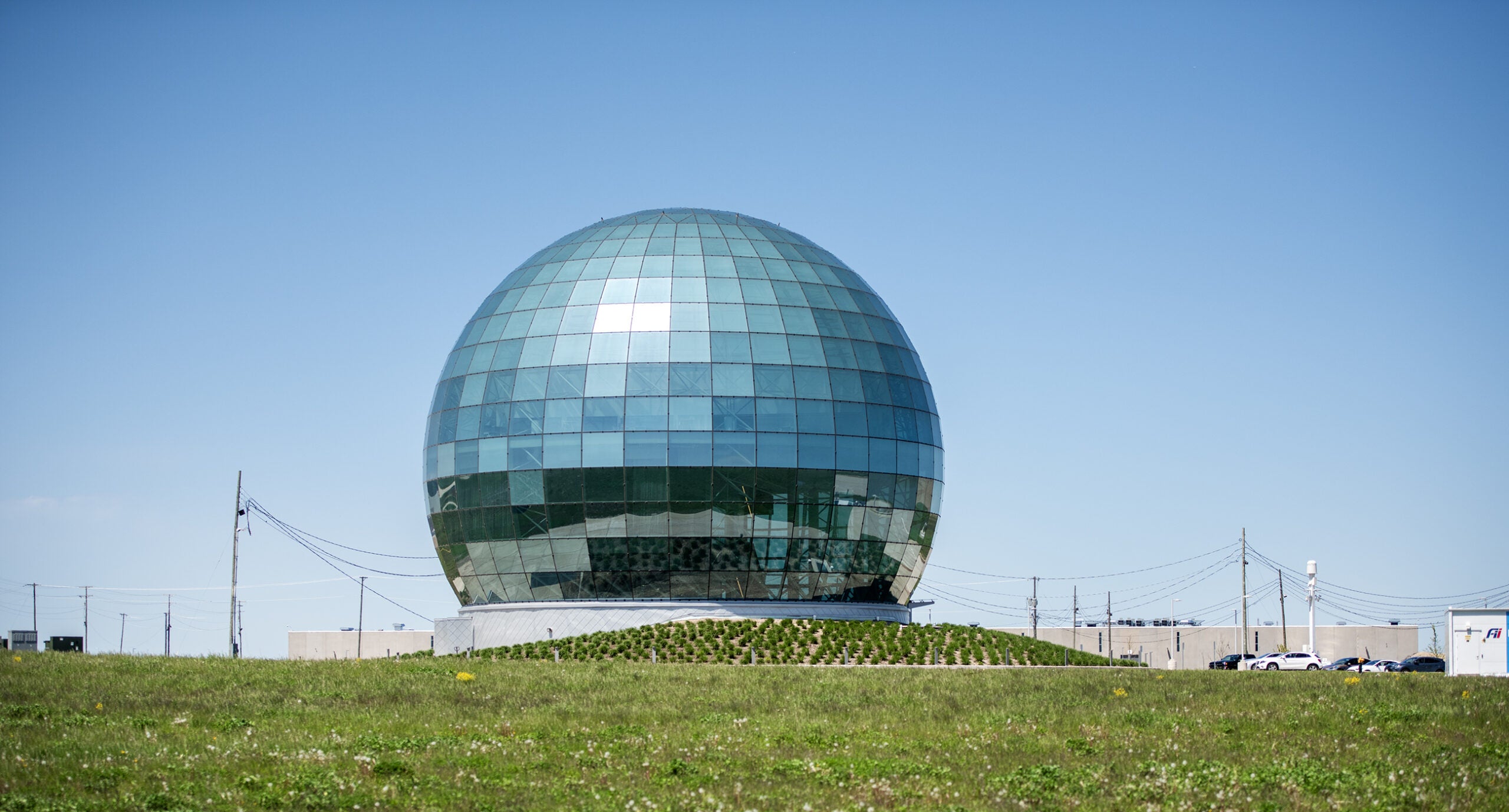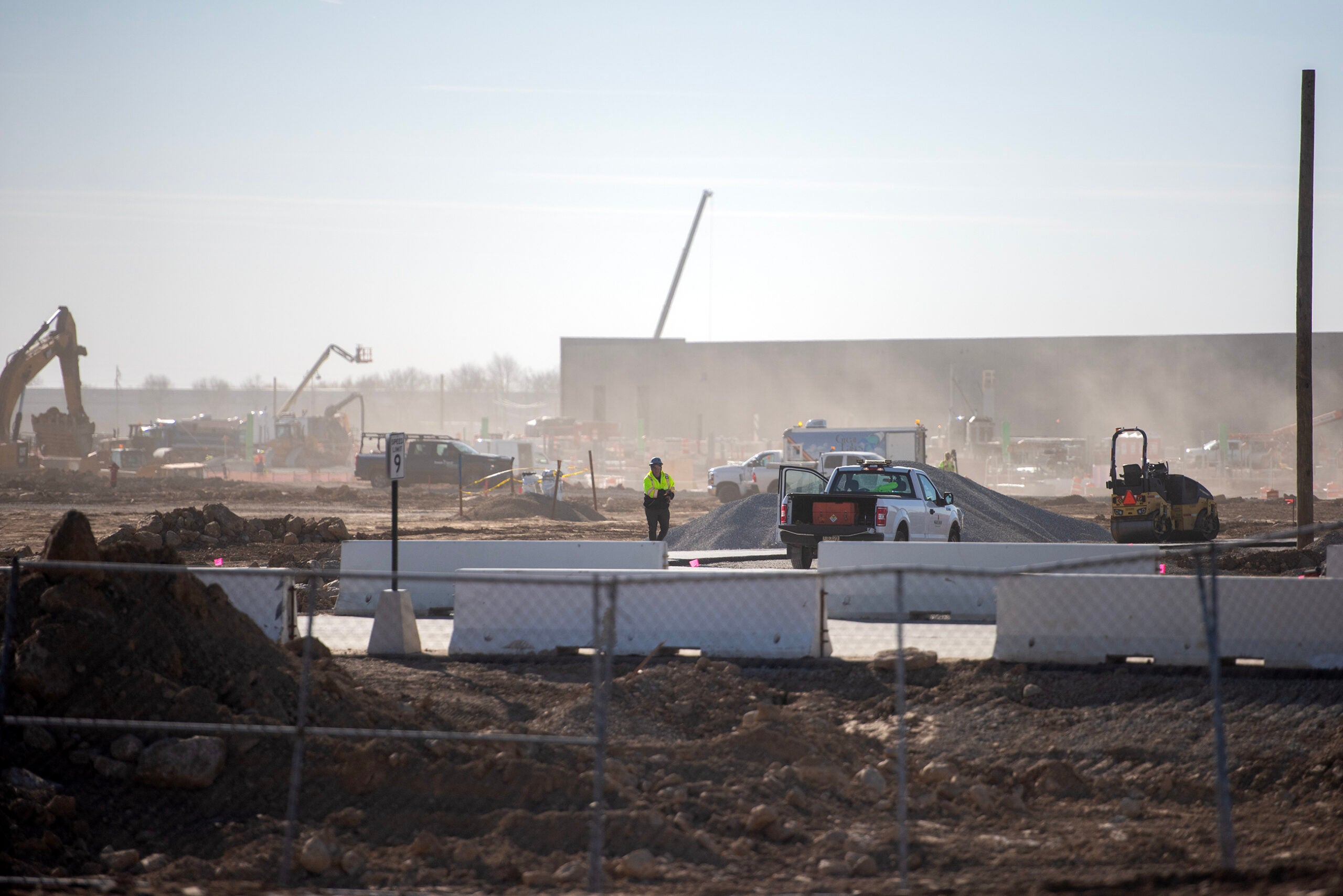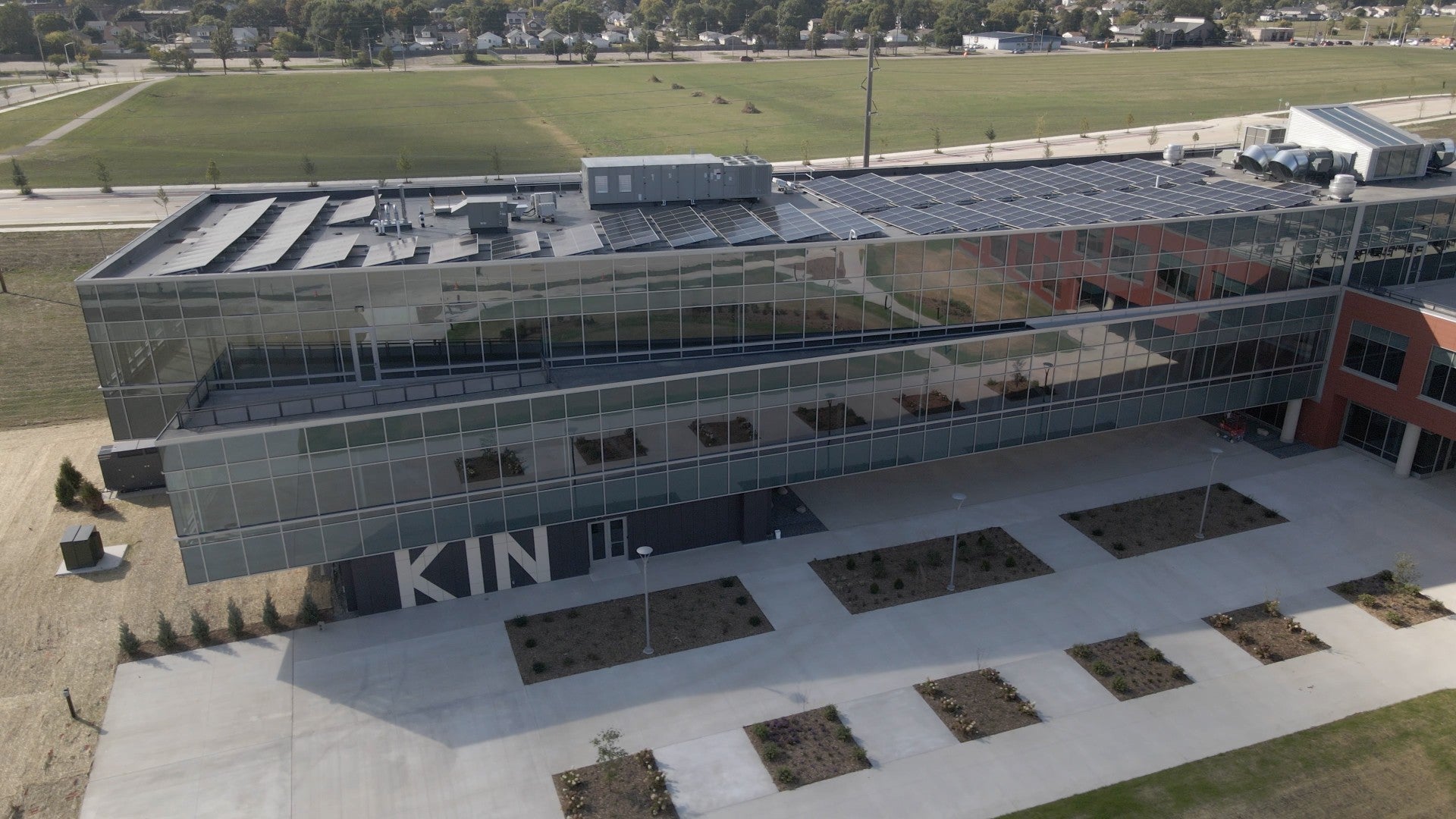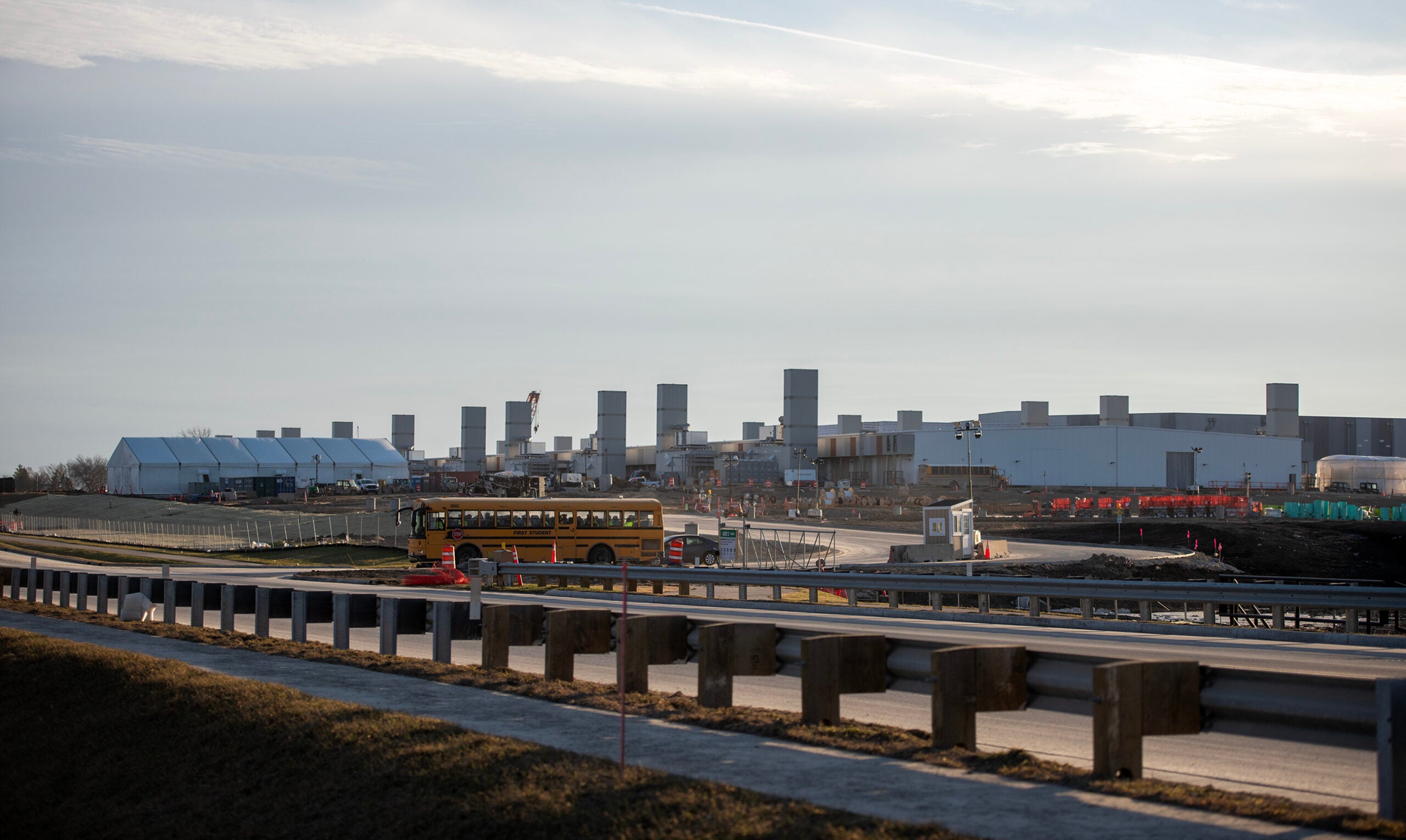After a record-breaking year for startup investment in 2021, Wisconsin has struggled to keep that momentum going in 2022 and 2023.
Investment in early-stage companies was down last year, but still higher than pre-pandemic levels, according to an annual report from the Wisconsin Tech Council. However, such investments so far this year have come in much lower.
This year, roughly $191 million in investment deals have been tracked so far, less than the $209 million tracked in all of 2015, according to Joe Kremer, director of the Wisconsin Tech Council Investor Networks program.
News with a little more humanity
WPR’s “Wisconsin Today” newsletter keeps you connected to the state you love without feeling overwhelmed. No paywall. No agenda. No corporate filter.
While it may be unlikely the state will match the record-breaking $868 million raised in 2021 and the strong $640 million raised last year, Kremer said he’s still optimistic that investment could see an uptick before the end of 2023.
“A lot of deals happen in the fourth quarter,” Kremer said. “I saw this last year as well, where we were worried about the numbers, and it really picked up in October through November and December. So we’re anticipating that could happen.”
He also said “large deals” really drive the state’s total investments, pointing to Madison-based Fetch Rewards securing $240 million last year. That accounted for one-third of all investment capital raised in 2022.
“We haven’t had any of those significant deals yet, but I do see some brightness on the horizon here,” Kremer said. “We have had a number of deals that have raised $10 to $20, almost $30 million that are starting to grow to that point that hopefully they will start attracting larger rounds in future years.”
Additionally, 2021 may have been a bit of an outlier for the state, as much of the investment may have been driven by the economy coming back to life as the pandemic eased, Kremer said.
“Like a lot of markets, it’s driven by emotions,” he said, noting the tech council saw that trend not only in 2021, but again this year.
Uncertainty surrounding the economy, rising interest rates and a pair of coastal bank failures helped bring startup investment down nationally in the first two quarters of the year, according to consulting firm Ernst & Young.
In the first two quarters of 2022, the firm tracked $143 billion in U.S. capital investments. Ernst & Young tracked $73 billion nationally over the same period this year.
Still, some Wisconsin companies have been successful in securing investors this year. That includes Type One Energy, a Madison-based fusion technology company, which raised $29 million.
“Fusion is just the future, and it’s happening here in Wisconsin,” Kremer said. “They brought in investors from out of state — in fact, some international investors, so we could see them growing.”
Another that saw some success was Advanced Ionics, a Milwaukee-based green hydrogen company, raising $12.5 million.
“Hydrogen is used in a lot of industrial applications,” Kremer said. “It’s difficult, expensive to make (and) it’s polluting to make, and they’ve created an inexpensive way to make hydrogen that is actually less environmentally harmful. That’s happening here in Wisconsin.”
In looking to the future, Kremer noted 40 entrepreneurs will have the opportunity to make pitches to prospective investors at the tech council’s Early Stage Symposium event in Madison next month.
“Deals have happened during this conference,” he said. “We also have opportunities for entrepreneurs where they can have one on one meetings with investors that are at the conference. It’s a great time and, hopefully, we’ll get some more deals out of it.”
Additionally, the tech council is working with the Wisconsin Economic Development Corp. and a consortium of public and private partners to secure a federal tech hub designation for Madison and Milwaukee.
The designation would bring with it $50 million to $75 million in federal funds from the CHIPS and Science Act of 2022. It could help Wisconsin companies attract investors, Kremer said.
“It’s getting the word out about Wisconsin and getting recognition that we have great technology here,” he said. “With the university system that we have, and all the other institutions that are working on developing technology, there’s a lot here.”
Wisconsin Public Radio, © Copyright 2025, Board of Regents of the University of Wisconsin System and Wisconsin Educational Communications Board.







